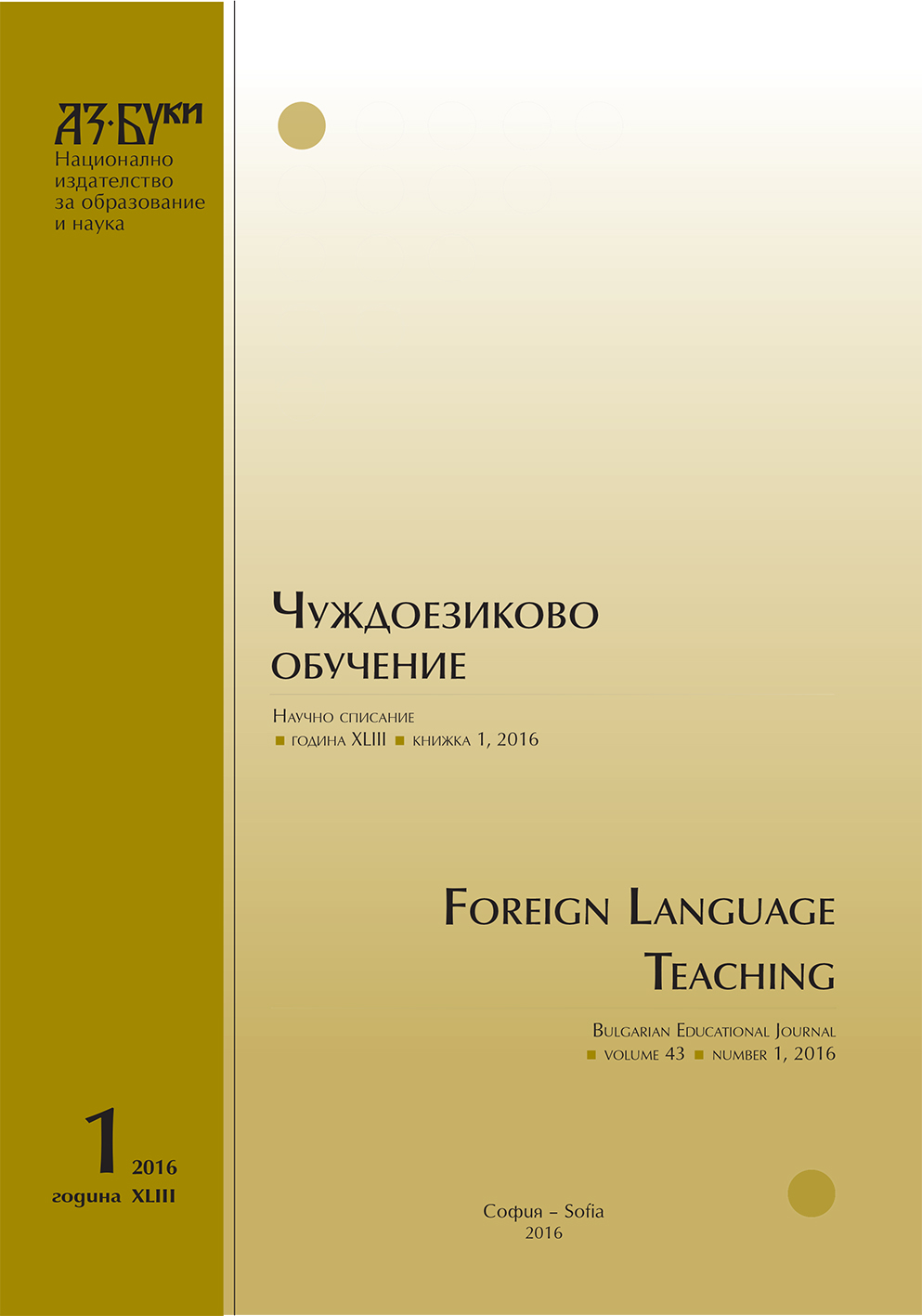
We kindly inform you that, as long as the subject affiliation of our 300.000+ articles is in progress, you might get unsufficient or no results on your third level or second level search. In this case, please broaden your search criteria.

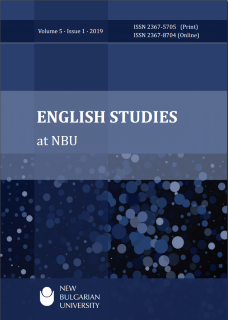
The Internationalisation of Higher Education in Europe, published in Bulgarian by the New Bulgarian University Press in 2013, is a timely book. With Bulgaria’s accession to the European Union in 2007 and the reform of higher education in the pre-accession period (2000-2007), mobility and internationalisation of higher education became a priority for Bulgarian universities.
More...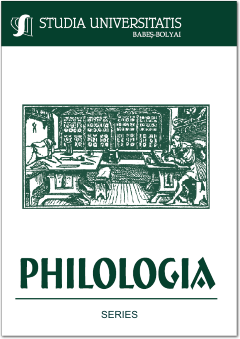
A Plea for Rethinking Institutional Language Policy Documents. The present study aims to raise awareness on and to provide a synopsis of the role, function and relevance of language policy documents in HE, by bringing together some of the more recent conclusions of strategic papers or guidelines issued by representative bodies responsible for the standardization of language teaching and testing. The current definitions of and views on language policies invite reflections on the margins of the internationalisation of HE, the digitalisation of education and its tools, the role of the language instructors in the 21st century and, last but not least, the existence of institutional strategic documents. A local case (the language policy at Babeș-Bolyai University) is discussed against the backdrop of international frameworks for language instruction and in comparison with similar (national) language policies.
More...
Borders or Bridges? The Current Challenges of Revisiting the Concepts of National Identity and Transnational Culture. The current paper aims to revisit the concept of national identity in relation to that of border and bordering as well as with the notions of otherness and othering. The current paper thus discusses the idea of borders and isolation as opposed to that of intercultural communication and cultural dialogue. Culture is discussed as an essential environment for identity development and in the same time as a transnational phenomenon. Another dimension of the debate proposed by the paper is related to the challenges of teaching the topics of national identity, diversity and bordering within the current educational environment, characterised by the increased internationalisation of higher education. This also takes into account the author’s experience of teaching these topics to international groups of students and is supported by a survey conducted with Political Science students on the issue of the perception of otherness and internationalisation.
More...
Filling the Gap between Target Needs and Student Wants in English for Academic Environmental Purposes. The present paper sets out to bring forward some of the current issues in nowadays ESP teaching, such as, in what ways can ESP teachers produce and design a balanced approach to their syllabi in terms of content needed by their ESP students, but not necessarily wanted or liked by those. To be more precise, we are going to use a deductive method to find out what freshmen students from the faculties of Biology and Environmental Science and Engineering would want and like in their EAEP course and see if it matches or not with the teacher’s intended EAEP curriculum.
More...
The idea of progression in designing the curriculum of Romanian as a foreign language (RFL). Although it constitutes a constant reality in teaching foreign languages and, even more, in the process of designing the curriculum, the idea of progression has been, in turn, glorified, marginalised or even crucified by didacticians, especially during the heyday of the communicative methods and the action-perspective on teaching. Lately, the theoretical debates from the outside medium have been trying to rehabilitate it, starting from the idea that a natural language is, practically, infinite and that, in the didactic context, it is required to find an “end” in order to establish accurately the fundamental reference points for a teaching-learning-evaluating path that is as efficient as possible. In the case of the RFL, grammatical progression has remained a central point of interest for specialists for over three decades. However, the echoes of communicative methods, though perceptively diminished in intensity in the Western world, have lately determined them to increasingly favour communicativeness and authenticity, at least at the declarative level, considering that in this way they will guarantee the “modernity” of the discourse. Yet, the resurrection of enthusiasm for the two concepts has sometimes led to exaggerated attitudes that disapproved of the proposals of progressive description and organisation of the teaching contents, because of too rigid and inadequate an understanding of the notion of progression. In our study, we intend to sensitise Romanian specialists to the need of looking at the idea of progression with more flexibility, without which designing a didactic process that is coherently articulated is inconceivable, especially in the first stages of RFL acquisition and, especially, when one does not resort to any other contact language while teaching it.
More...
Swedish as an optional course. Different techniques to evaluate grammar, orally and in writing. The general purpose of this article is to analyze different aspects related to the evaluation of Swedish language skills in the case of students enrolled in an optional course, intermediate level. In order to understand the students' perspective on grammatical exercises, we designed and provided them with a feedback questionnaire regarding both written and oral evaluation.
More...
Contemplating Japanese Language – Idiomatic Expressions as a Cultural Experience of Linguistic Creativity. Taking into account the semiotic nature of the language seen as a datum, and approaching linguistic creation as a fact determined by the needs of verbal communication, the present study analyzes Japanese idiomatic expressions which enable the circulation of cultural meanings. An idiomatic expression resembles the folk saying, as they both experience and highlight the conative function of language, and is a complex syntactic-semantic unit, often replaceable by one single word, which can be interpreted as a semiotic sign within a significant system of an ethnic group’s mentality. The Japanese idiomatic structure is a fixed form that belongs to the lexicalized repertory of language, resulting from syntactic linguistic phenomena which capitalize upon the possibilities of the system. The purpose of this process is to achieve expressivity, which works not just through emotional response or perceptual information, but also as encyclopedic knowledge. Both these linguistic and extralinguistic contexts call for a hermeneutic approach, in inter- and multidisciplinary terms.
More...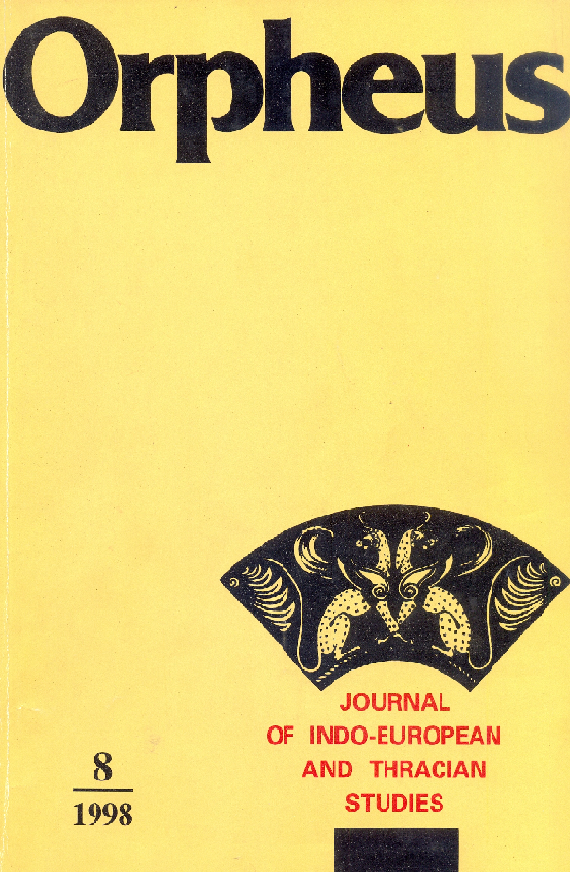


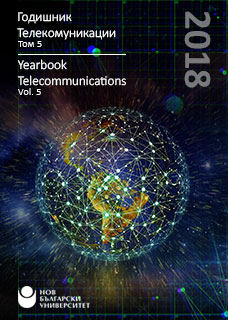
Knowledge is used and built in four main areas defined by the following opposites: material-ideal, perceptions-concepts. For the proper use of knowledge, different rules or logic are built.An analysis of the starting point of logics has been made and links have been sought with some general headings in each particular area.A common position is selected from each area and links to the logic beginnings are listed
More...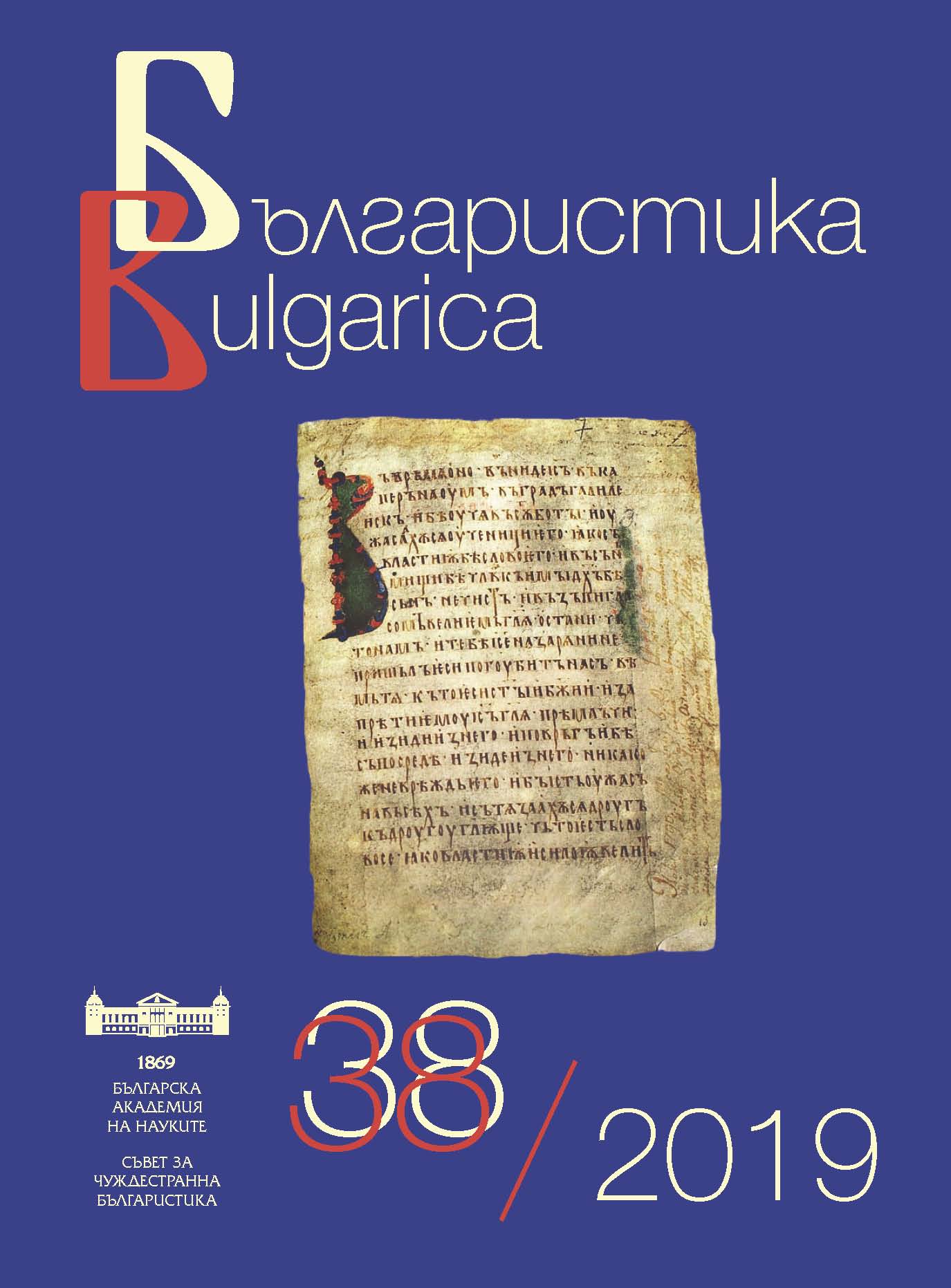



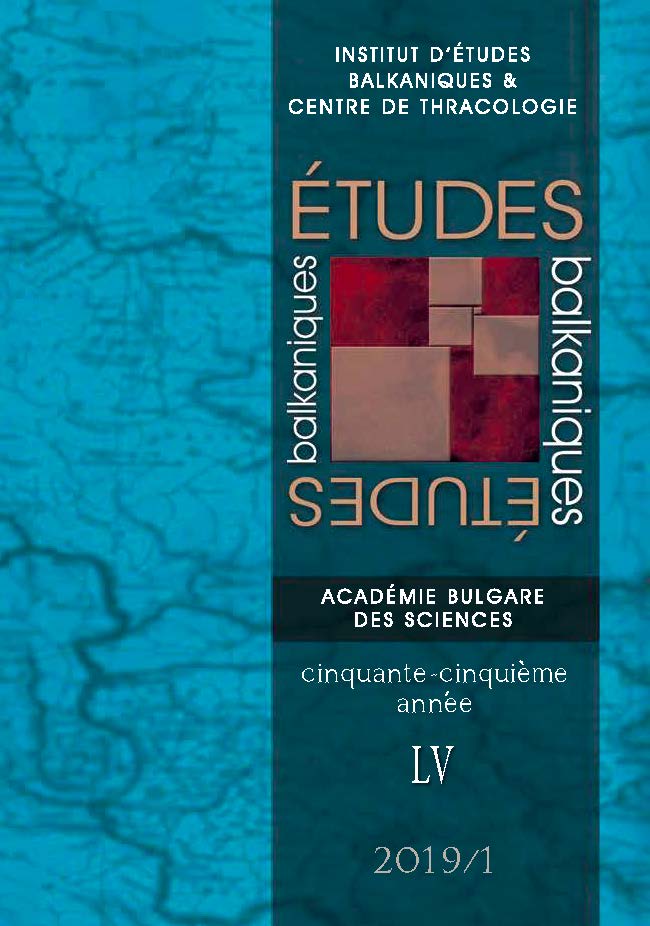
The article aims at analysing Aristophanes’ Clouds through certain miraculous elements among the poetic devices for evoking the audience’s laughter. The miraculous is present at different levels of the comic text, in explicit or in more implicit form. In Clouds the type of education in sophistry represented here by “Socrates” could be defined first of all as miraculous. Aristophanes uses mainly verbal mechanisms to make the spectators laugh. The speeches throughout the plot are strange, absurd and funny. Typical comic turns of the situation and of the opinions of the characters are observed, too. The end of the play is unexpected and to a degree “tragic.” The extant text of Clouds is a revision of an earlier unsuccessful play. This failure is discussed in the parabasis: although through irony and boasts, the self-referential view of the poet on writing a good comedy becomes clear.
More...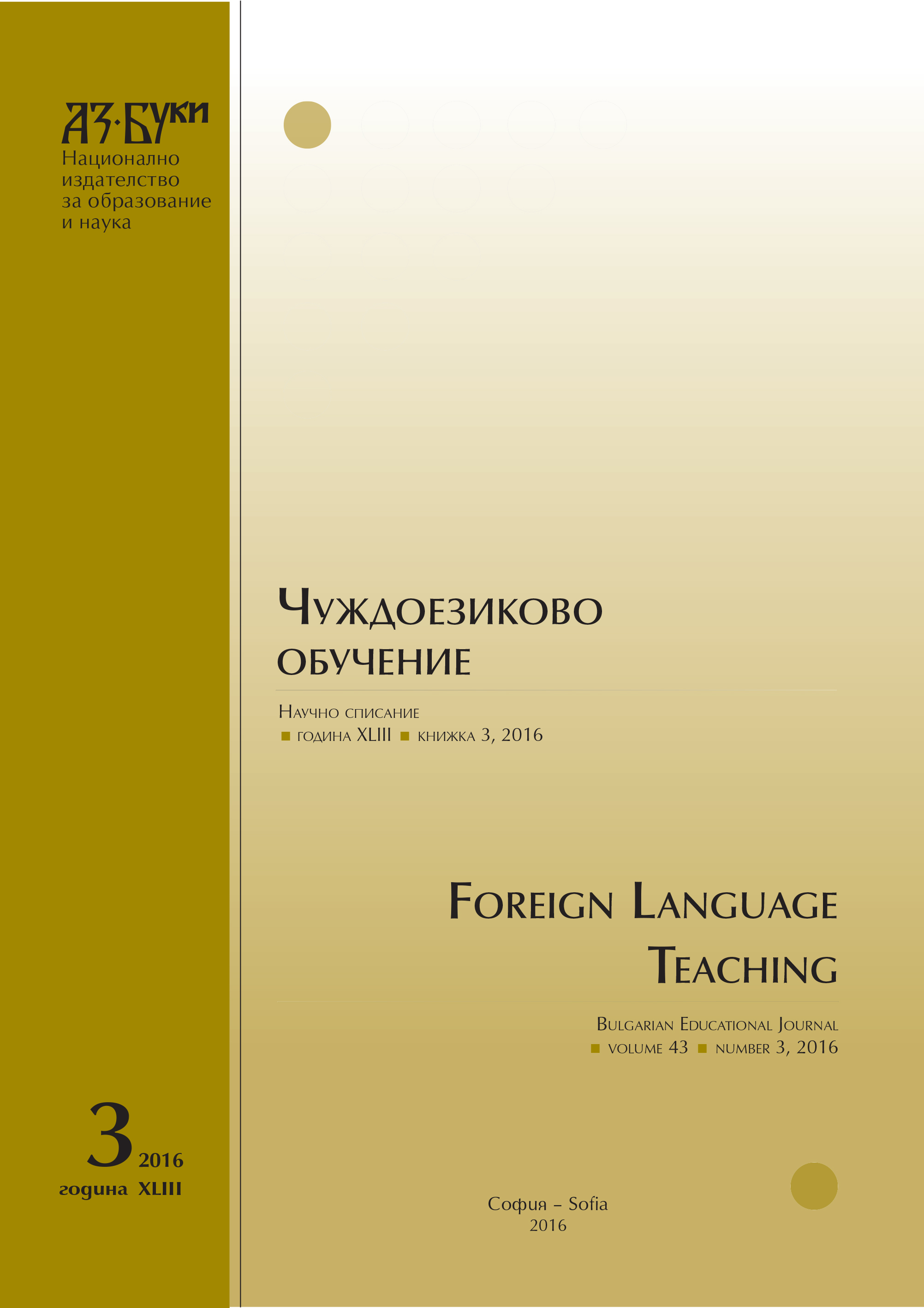
The paper discusses the application of the semantic parameter ‘abstract general sense’. This parameter can have various verbal materialization depending on the head of the phrase. Contrastive exemplifications from Russian and Bulgarian are applied. The methodology is particularly relevant for the active command of languages.
More...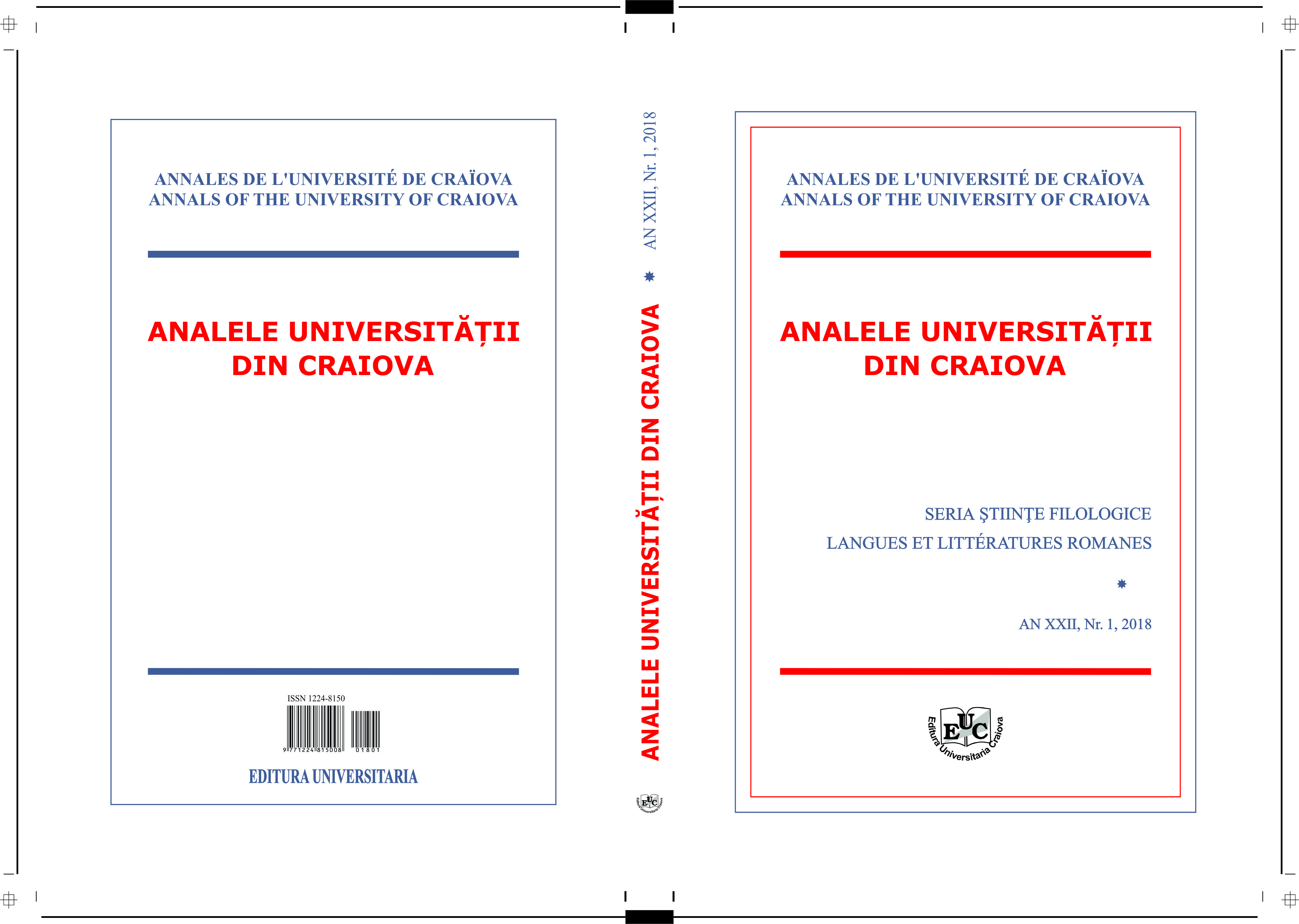
Our contribution aims at highlighting the main issues of metaphorical neology, as well as the semantic and discursive dynamics that occur in the use of technical terminologies stemming from a shared conceptual metaphor. Most notably, through the analysis of a terminological corpus, we will analyse the evolution of these conceptual metaphors and the underlying ideologies in the translation process from English to French in a highly metaphorical domain, such as financial language, in relation to the language policies of the DGLFLF.
More...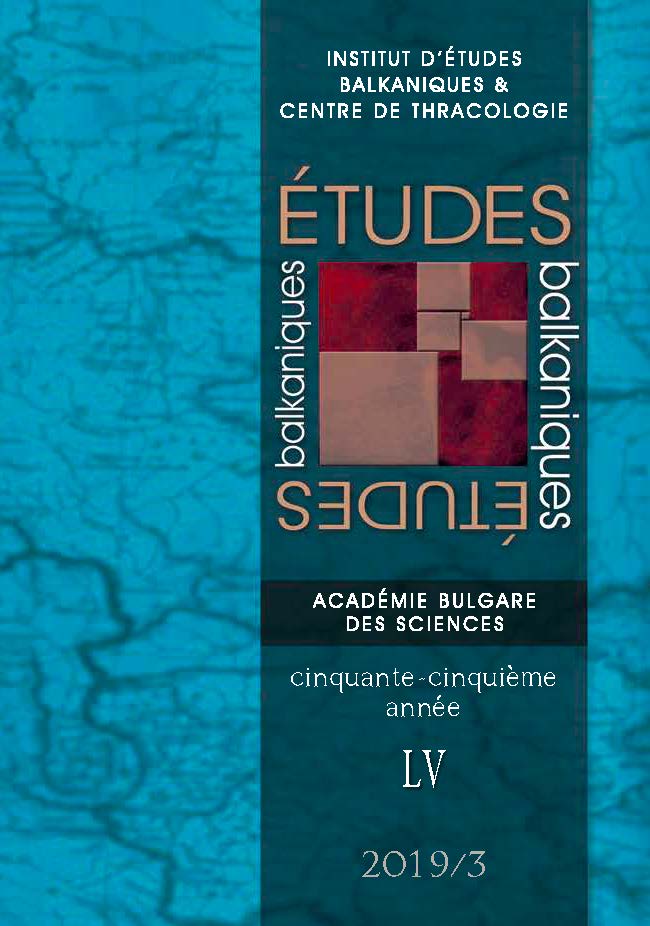
In “Homo viator” Gabriel Marcel says: “We cannot help seeing that there is the closest of connections between the soul and hope. I almost think that hope is for the soul what breathing is for the living organism. (…) It is precisely the soul that is the traveler; it is of the soul and of the soul alone that we can say with supreme truth that „being” necessarily means „being on the way” (en route)”1. And thus man on the way is precisely a man of hope, whether traveling in space, time, imagination, oneself, etc.Since the time of Modernism the so-called existential traveler turned into a preferred character in the vast literary field. He is so irresistibly attractive probably because the existential traveler is homo viator par excellence, most vividly expressing the idea of the modern mobility in a broader sense – as freedom and search through the world, but also into oneself – and expressing hope eventually. Regardless of how different existential travelers are within and among themselves, no matter how various they sound like and how we are accustomed to perceiving them, after all, they represent some expression of hope – an escape of the terrifying and insurmountable issues that weigh above the human situation. Furthermore, since hope is a knowing which outstrips the unknown2, in a way, hope represents an excess. Hence, by analogy, hope is deviation, hope is strange, hope is even bizarre. Man on the way, or the travelling man, is often a strange man, or at least he is a stranger. And then the strangest of the strange is perhaps the one who gives the most hope in his own way. It happened so that Modernism transformed the literary narrative into an institution of the modern society and artistic shape of time. The author, as a creator, turned into original paradigm of human being, respectively the existential traveler – into original paradigm of travelling man; into homo viator par excellence. He articulated his own cultural and civilizational code through writing. Modernist narrative was his transcendent achievement. And its strangest of the strange, its most bizarre manifestations, which we here refer as bizarrism, were often its highest efforts. Thus the most bizarre travels of the existential traveler turned into ultimate travels – travels par excellence – the furthest trips of hope.
More...